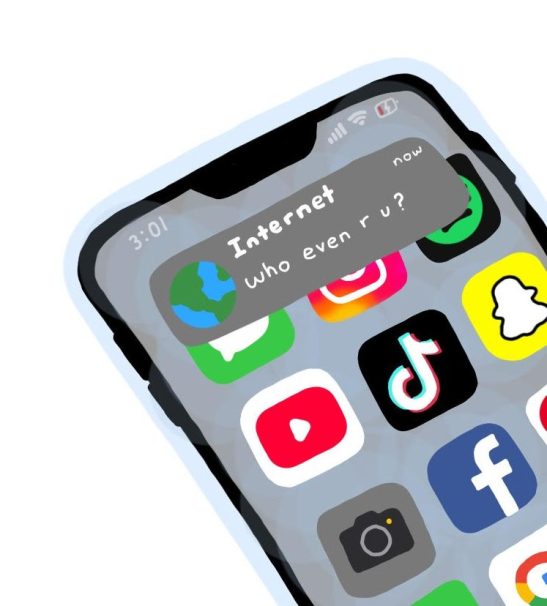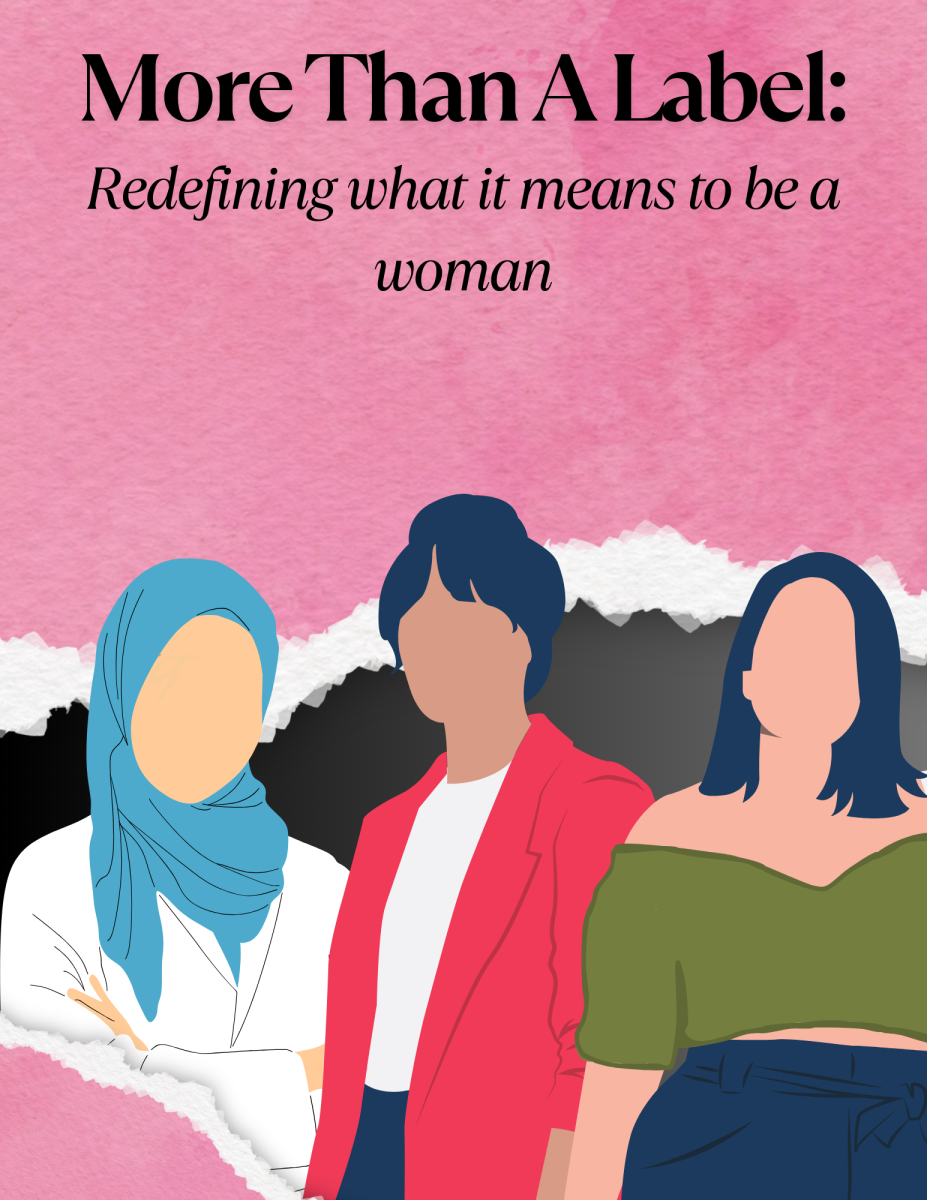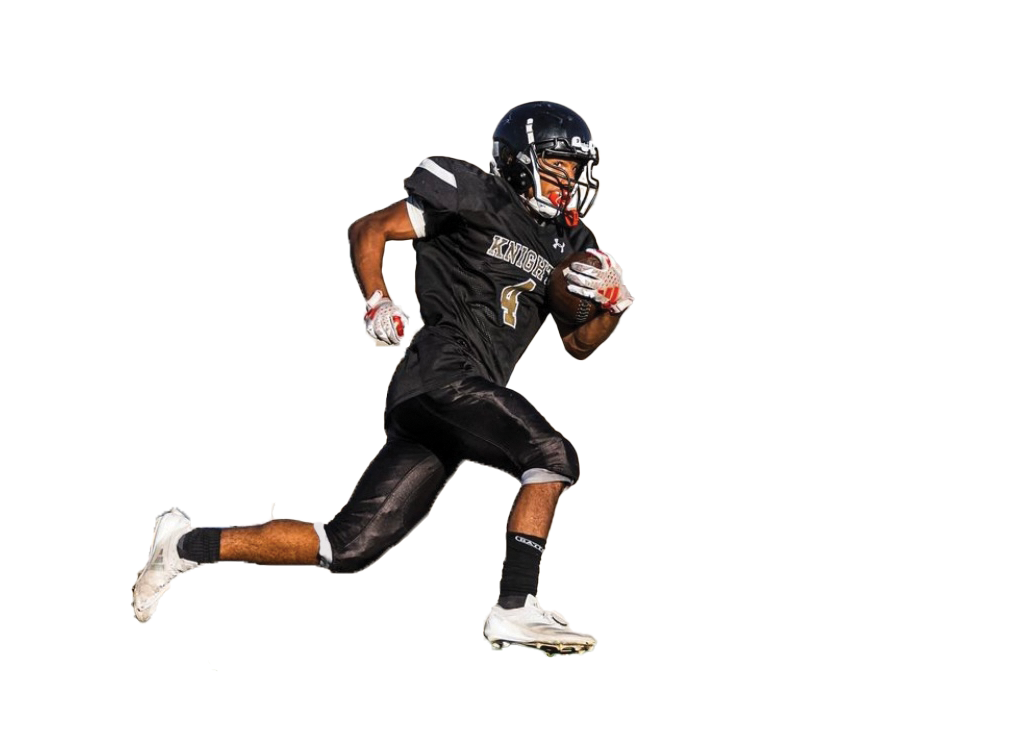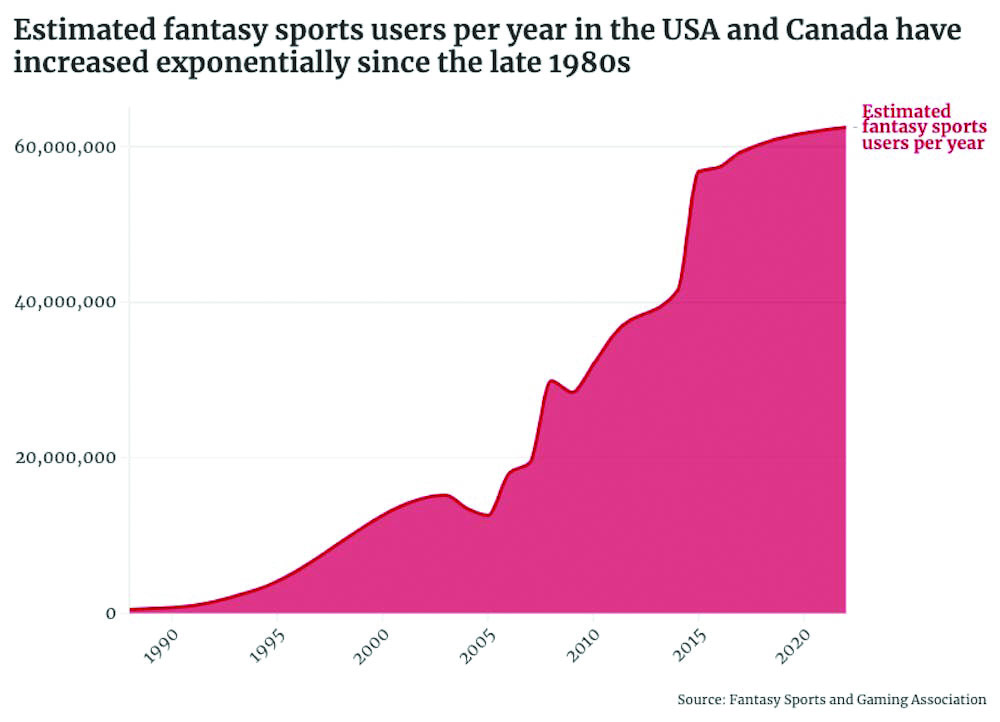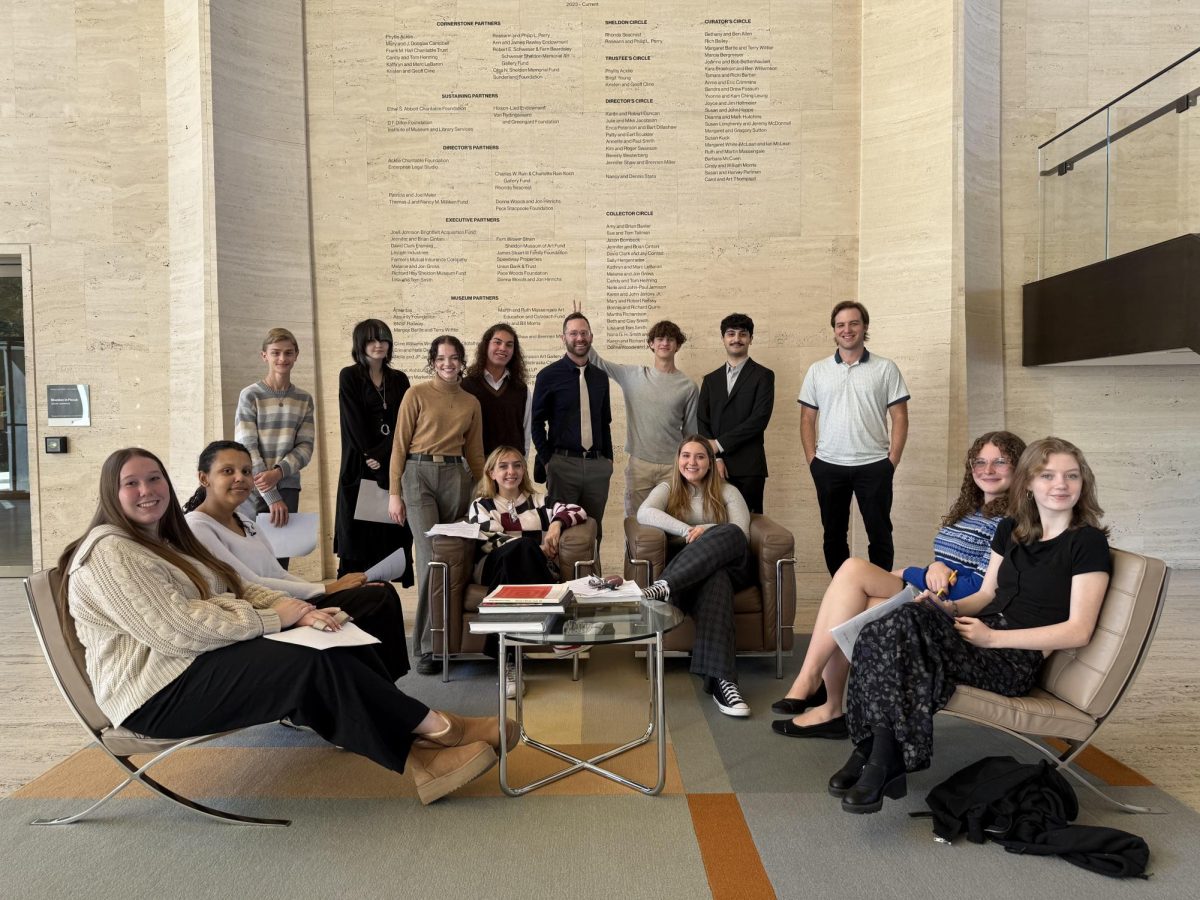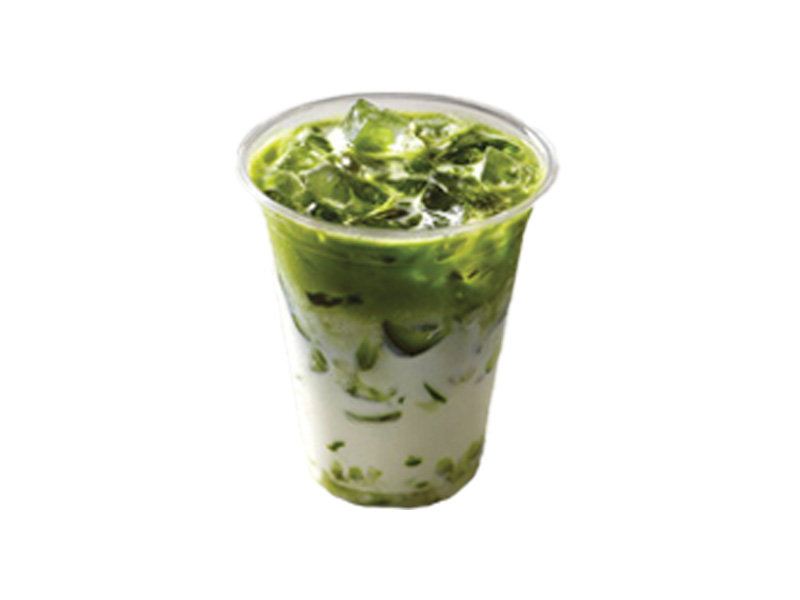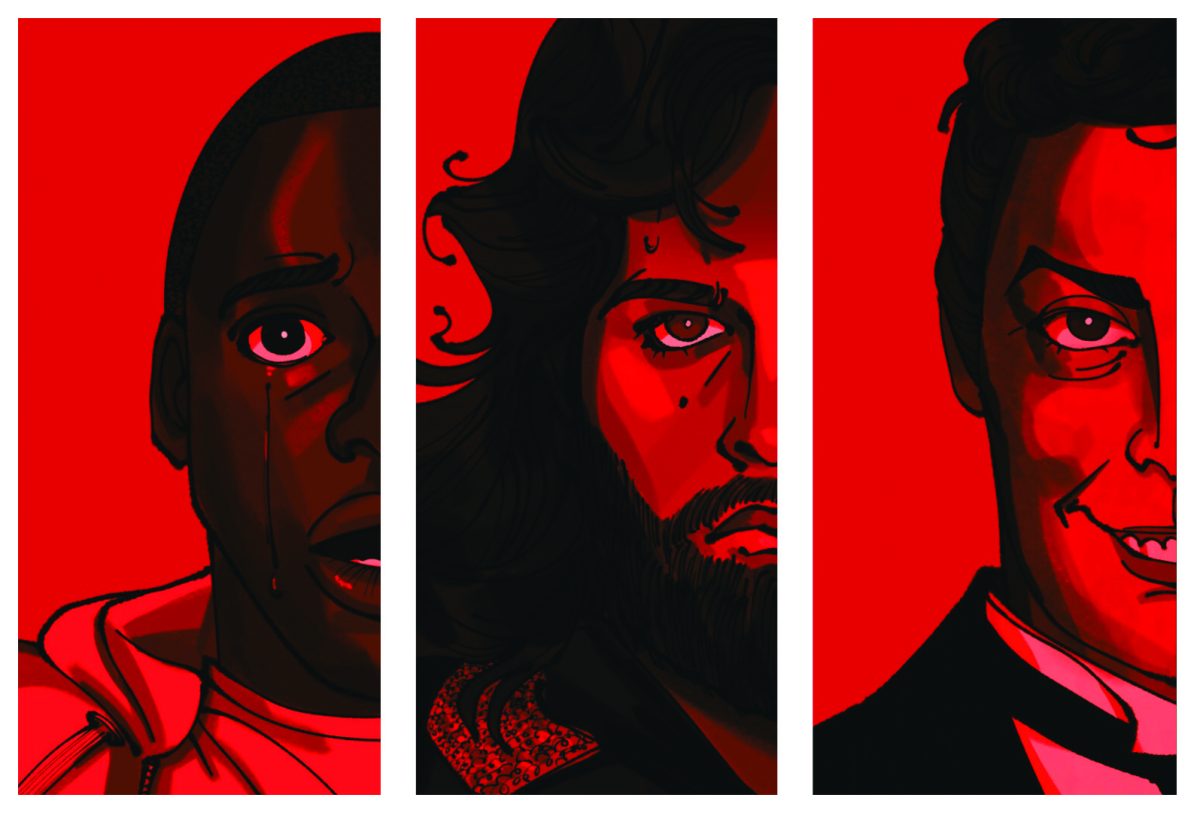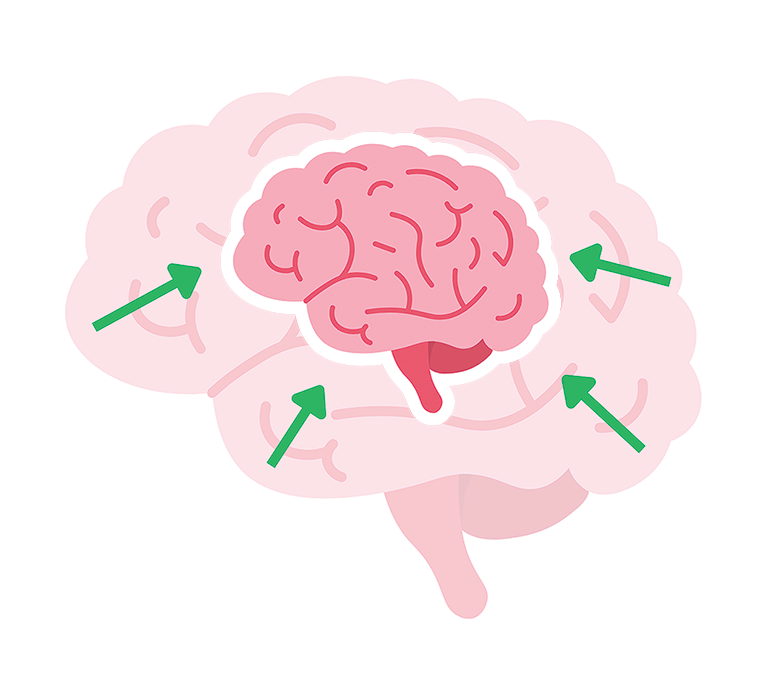Advertisements flash onto phones without delay to an inclined teen, curious to check. Different apps push every which way to “help you” find your personal identity; from what type of food you would be on Buzzfeed, to another TikTok pointing out flaws to your body image. Slowly and undeniably, social media and the proliferation of “Personality Quizzes” is making the rabbit hole of self identity easier and easier to fall down.
In today’s world of digital advancements, teens constantly have to navigate through the complexity of self-discovery. Through social media especially, the search for teens’ identities and personalities can be a blinding task that is infected with the thoughts and opinions of strangers online. Many can feel decentralized to society, as if they don’t fit in due to all the messages in media telling you what to do and how to be. Despite all pressures to change your personality, I think that people should stay authentic to themselves, no matter what others have to say.
One of the major contenders that feeds teens’ need for validation is the use of personality quizzes. In a google form taken by 94 LSE students, 80.9% said they have taken a personality quiz before. Although some teens take these quizzes just for fun and curiosity, some take it as a way to fit the mold they expect to fit into, to be more widely accepted by society.
One of these more popular personality quizzes, that may be seen as more academic, is called the Myers-Briggs Type Indicator (MBTI). This specific quiz gives you one out of 16 different “personalities” formed by your answers on preference-based questions. As for its purpose, the quiz is intended to advocate for the greater good within people.
“The MBTI assessment is a tool that helps people increase their self-awareness, understand and appreciate differences in others, and apply personality insights to improve their personal and professional effectiveness,” The Myers-Briggs Company said.
Although created for good, some may take the quiz results too personally, impacting their image of self-identity.
LSE senior, Sherice Lockman, finds herself sometimes taking personality quizzes when they get popular on social media. She also recognizes the effects that they may have on teenagers when they find themselves too immersed in the quiz’s results.
“When you take a personality quiz, you’re expecting a certain sort of answer, so I think people almost self-diagnose [what] your personality is like, what you want your personality to be, or what you expected it to be, based on your results on the quiz,” Lockman said.
These quizzes also come in a variety of different tones and styles to fit the demographic wants for all kinds of people. As mentioned, there are more serious ones like the “Myers-Briggs Type Indicator” (MBTI) quiz, but there are also random, sillier ones such as “What Kind of Dessert Are You.” Even if these quizzes are not important to take, the human nature of curiosity can easily suck you into taking many of them to see your results.
“On my feed, I don’t really scroll upon them quite often, but when I do, I find myself almost jumping to the link that is provided to see what results I get,” Lockman said.
Even apart from the toxicity that comes along with personality quizzes, the biggest identity-affecting factor has to be popular social media apps.
In a research study on American teens from ages 12-15 run through the Yale School of Medicine, correlations between social media and mental health were identified.
“Those who used social media over three hours each day faced twice the risk of having negative mental health outcomes, including depression and anxiety symptoms,” Yale Medicine said.
Personally, when I end up scrolling on social media apps like TikTok, it feels as if something new is also made up everyday to target a person’s aspects, especially in looks. It’s truly
detrimental to the development of young people that are told what they need to be like in order to stay in the loop of trends and maintain their “reputation,” when in reality they should be enjoying their lives, carefree of what others think about them.
These trends on TikTok tend to be extremely influential to a certain demographic of people when they go viral online. A huge example of this is kids aged around 10 that are obsessed with skincare and makeup due to beauty influencers. Instead of spending hundreds of dollars on Sephora hauls to fit in with their peers, they should be going outside and enjoying their childhood.
It is the fault of social media causing this fear of missing out that can cause people to change their lives in order to feel like they belong in today’s society. Instead of letting individuality thrive from person to person, people may feel forced to fit into these social media stereotypes that encourage conformity. This is truly harmful to young people on the journey to self discovery having to worry about the words or actions of other people online, even going as far as creating mental health problems for many.
Through personality quizzes and influences from TikTok, there are a multitude of different factors that can negatively impact any person’s path to self-identification. The process to true self acceptance and identification is extremely vigorous, but in the end, staying authentic to yourself will give you a better sense of the person you are, without others telling you who you should be.

